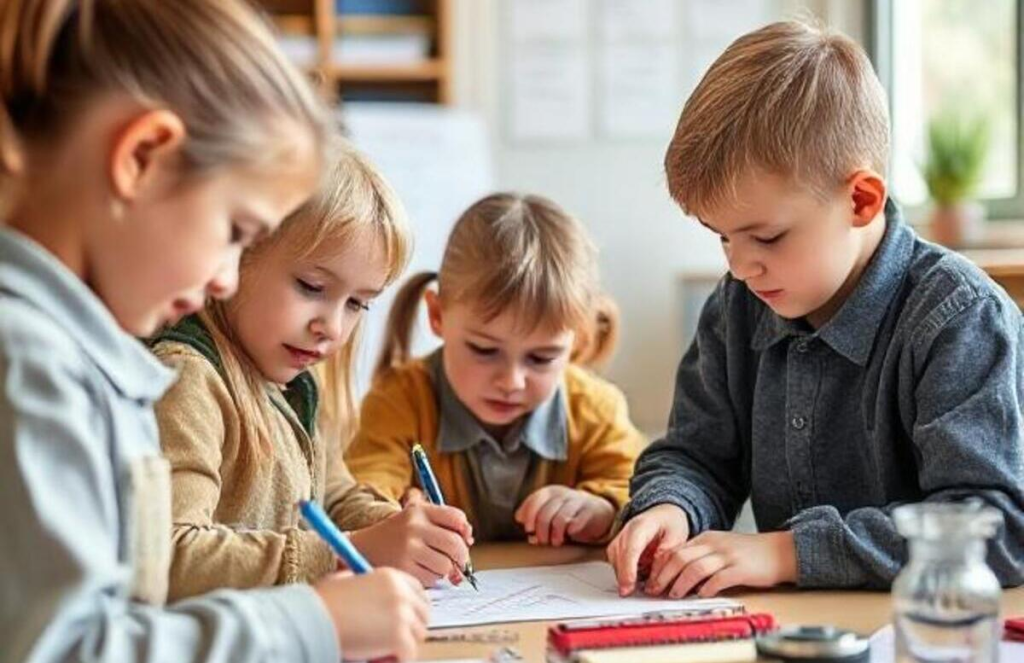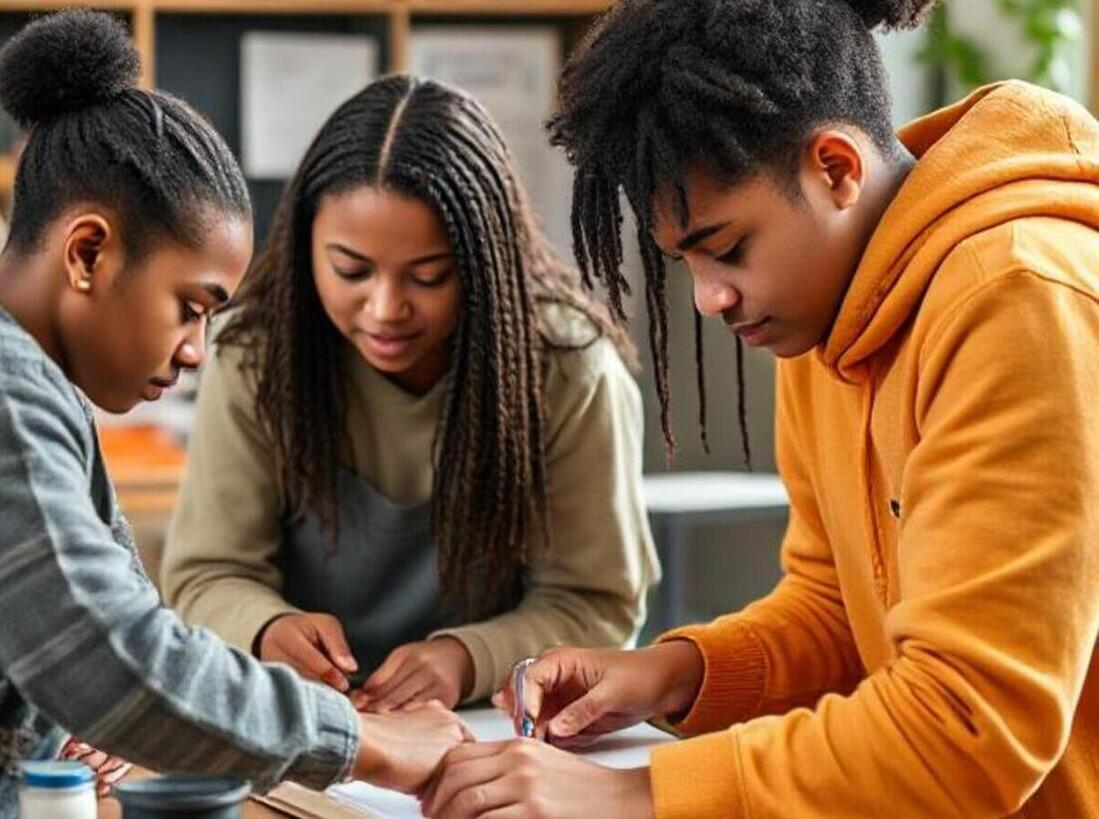The new way education can inspire and transform
Imagine a classroom where students do more than memorise facts. They collaborate on real projects, solve challenges that matter, and see the direct impact of their ideas. This is not a futuristic dream. Schools and programs around the world are already experimenting with ways to turn education into a hands-on, practical experience that prepares students for life, work, and society.
Traditional education often prioritises exams and grades over creativity and problem-solving. Students can excel academically yet struggle to apply what they have learned in the real world. They may know formulas, historical dates, or literary analysis but feel unprepared when faced with complex, unpredictable situations. Many lose motivation because the connection between classroom tasks and meaningful outcomes is missing.
Real-world tasks to learn real-world skills
A new approach focuses on real-world micro-projects. These are short, practical initiatives designed to help students develop skills that are hard to teach in a traditional setting. Examples include designing a public awareness campaign for a local charity, creating a business plan for a social enterprise, or producing a research project that addresses a community problem. Each project has a tangible outcome that students can see, share, and reflect upon.
One school recently asked students to develop solutions to reduce food waste in their town. Instead of writing essays, the students surveyed local businesses, analysed patterns, and created an awareness campaign using social media and video content. The project had measurable impact, and students reported increased engagement and confidence. They experienced firsthand how knowledge can translate into action, rather than remaining abstract information on a page.
These projects teach students more than the subject itself. They develop teamwork, communication, leadership and resilience. Students learn to negotiate, manage disagreements, and accept constructive criticism. They discover that mistakes are part of learning, not failures to be punished. By approaching challenges with curiosity and experimentation, they build skills that will serve them in work, relationships and everyday life.

Mentoring is so valuable
Mentorship enhances this model further. Professionals, alumni and community leaders can guide students, offer feedback, and help them connect their classroom work with real-world opportunities. Mentorship makes the experience richer, giving students insights into careers, networks, and practical applications of their learning. It transforms abstract concepts into lived experience.
Technology also plays an important role. Online collaboration platforms, research tools and social media allow students to work with peers globally. They can compare solutions, share outcomes, and gain perspectives from entirely different cultural and social contexts. This expands the learning environment beyond the school walls and prepares students to operate in a globally connected world.
The benefits of this approach extend to the wider community. Local organisations gain fresh ideas and energy, businesses can tap into young talent, and communities see initiatives that make a tangible difference. Students develop a sense of responsibility and agency. They experience the satisfaction of contributing to society rather than simply completing assignments for a grade.
Building more confident young people
Implementing real-world micro-projects requires careful planning. Teachers need training to guide students effectively, and schools need to allocate time and resources. Assessment methods must evolve to measure applied skills, creativity and collaboration rather than just memorisation. While these challenges exist, the outcomes are worth the effort. Students who participate in this type of learning emerge with stronger confidence, problem-solving abilities and a clearer sense of purpose.
Education has the power to inspire and transform when it goes beyond the traditional model. By creating learning experiences that are practical, engaging, and connected to the world outside, students gain more than knowledge. They gain curiosity, adaptability and confidence. They learn to take initiative and see the value of their own ideas.
Education: a mindset shift is required
The future of education does not require grand reforms or radical inventions. It requires a shift in mindset. Schools that integrate hands-on projects, mentorship, and applied skills create environments where students thrive. Students stop asking why they need to learn and start asking how they can use what they know to make a difference. That is the kind of learning that stays with them for life.







